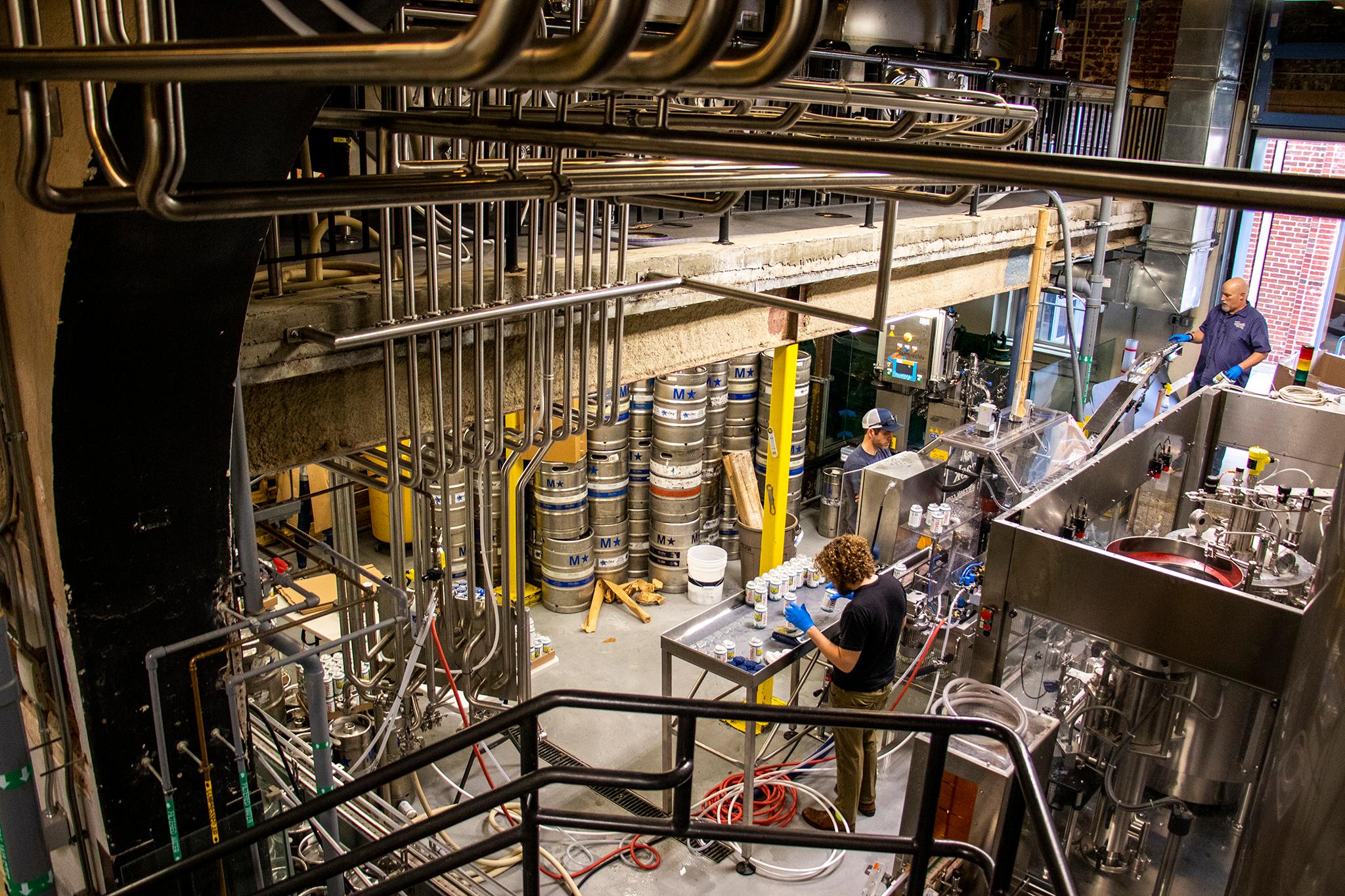Denver has a reputation as the place to be for cannabis and craft beers. And those lucrative markets need people to run them.
Local colleges have noticed and are capitalizing on the popularity of both markets, hoping to attract prospective students with programs built to train the next generation of cannabis and alcohol entrepreneurs.
This fall, the Community College of Denver will offer an associate's degree in cannabis business. The program -- the first of its kind in the state -- aims to provide students the knowledge necessary to operate a cannabis business within legal and financial constraints.
Carly Bader, an adjunct professor for the program who has worked in the scientific arm of the industry for four years, said she had to learn a lot of the aspects of her work while on the clock. She hopes students will leave the program with enough knowledge to hit the ground running.
"We are going to be teaching students about a variety of different aspects of both cannabis industry and cannabis science," she said. "Once they've completed this program, they do have all the tools in their toolbox to start going into the workforce with really every skill that they need, something that we haven't been able to see within hiring in the cannabis industry so far."
According to Bader, students will get the opportunity to work with industry partners, like herself, in professional environments. Other partners include distributors, growers, lobbyists and activists.
CCD plans to expand on the program by eventually offering a Bachelor's of Applied Science in cannabis science and operations. A similar professional path is developing just a couple of buildings down at Metropolitan State University of Denver. MSU's program is built to help people get their start with craft brewing.
The two industries suffer from similar problems -- both are rapidly growing and are significant money-makers in Colorado's economy, but a lack of formal instruction creates a job shortage for complex roles that involve biochemistry, law, or engineering. Experts hope these programs will accelerate the industry, by boosting research and business.
Metropolitan State University of Denver also has a beer industry program situated in its School of Hospitality. MSU has offered the degree since 2015.
Theresa Zimmer worked in large Munich breweries back in her native Germany. She moved to Denver specifically to enroll in the program.
"It's different from the brewing industry in Germany. We have a purity law, which only allows us to use certain ingredients. The United States is completely different. Denver and Colorado has a wide range of different types of breweries and what they focus on," Zimmer said.
Students like Zimmer get access to a variety of different facilities that help teach them about various jobs in the industry. She works in the on-campus Alcohol and Tobacco Tax and Trade Bureau certified lab, which tests commercial samples for alcohol content, nutritional data, and more. There's also an on-campus brewery in the Tivoli Student Union, where students can get hands-on experience with commercial brewing equipment.
MSU's beer industry program may eventually intersect with CCD's cannabis business degree. Katie Strain, a professor at MSU, said she sees a future where parts of the industries eventually overlap.
"Cannabis and recreational marijuana use has been a big deal in Colorado for a while now. And the interesting thing is I think the two industries are going to be kind of merging a little bit here soon. The Farm bill decriminalized the use of hemp and CBD products, but it's still not officially legal and the FDA is still rolling out different regulations. So I think once that all comes out, you'll see a lot more breweries producing at least CBD-infused beers and stuff like that in the future," Strain said.













